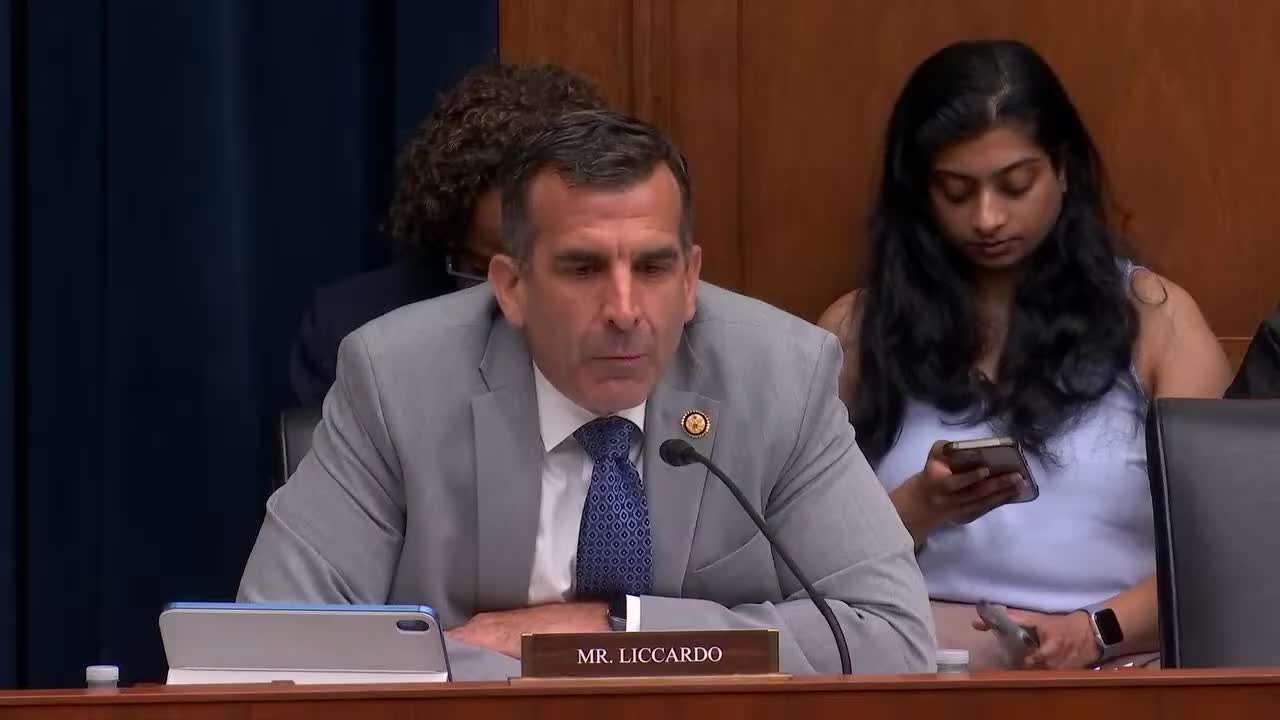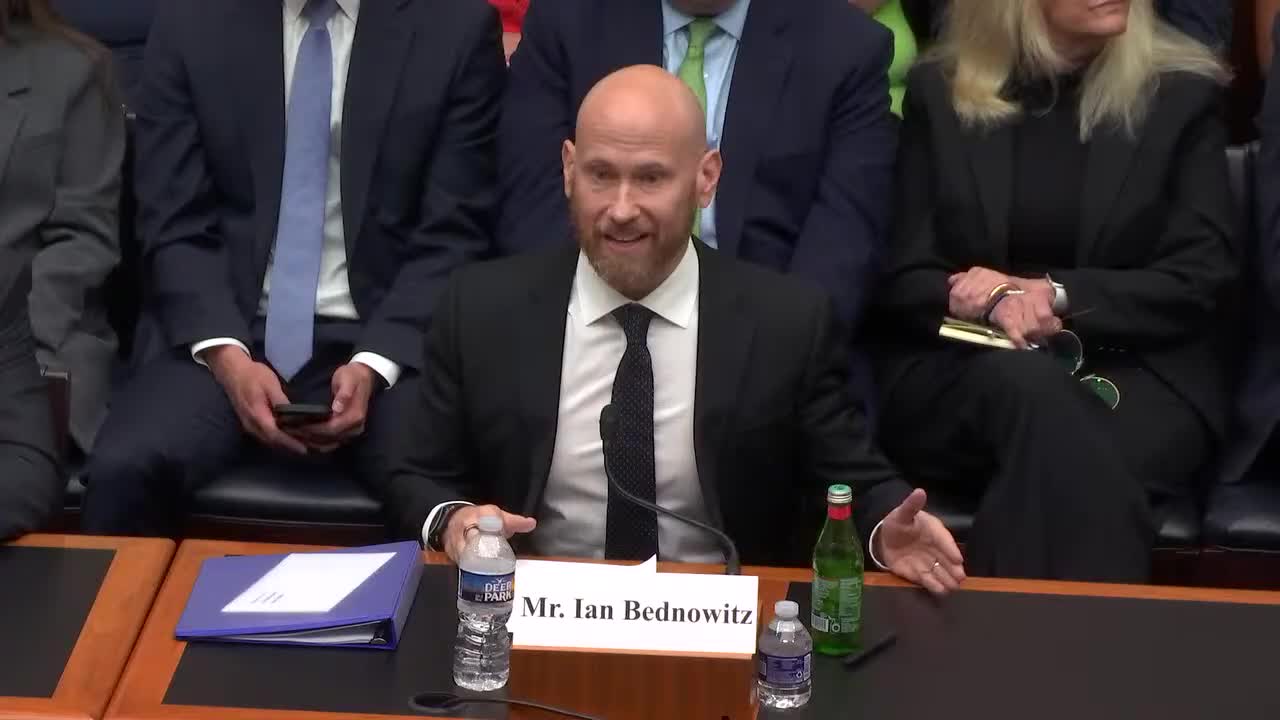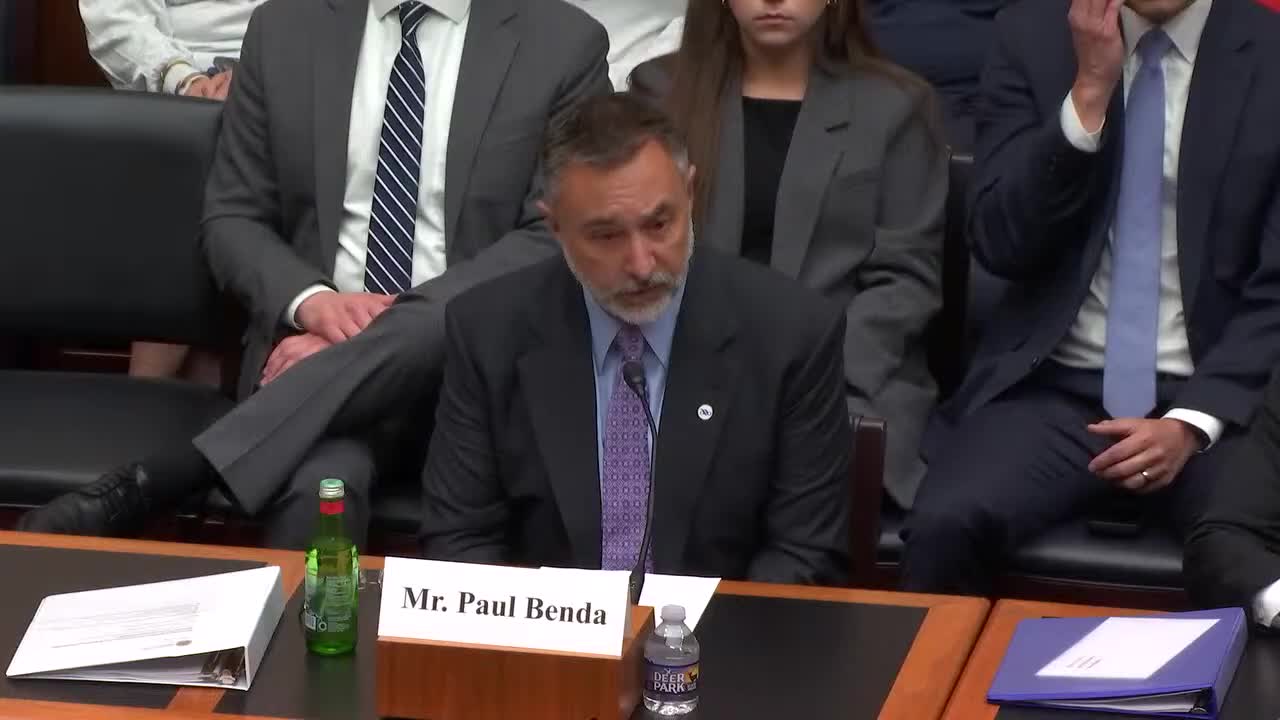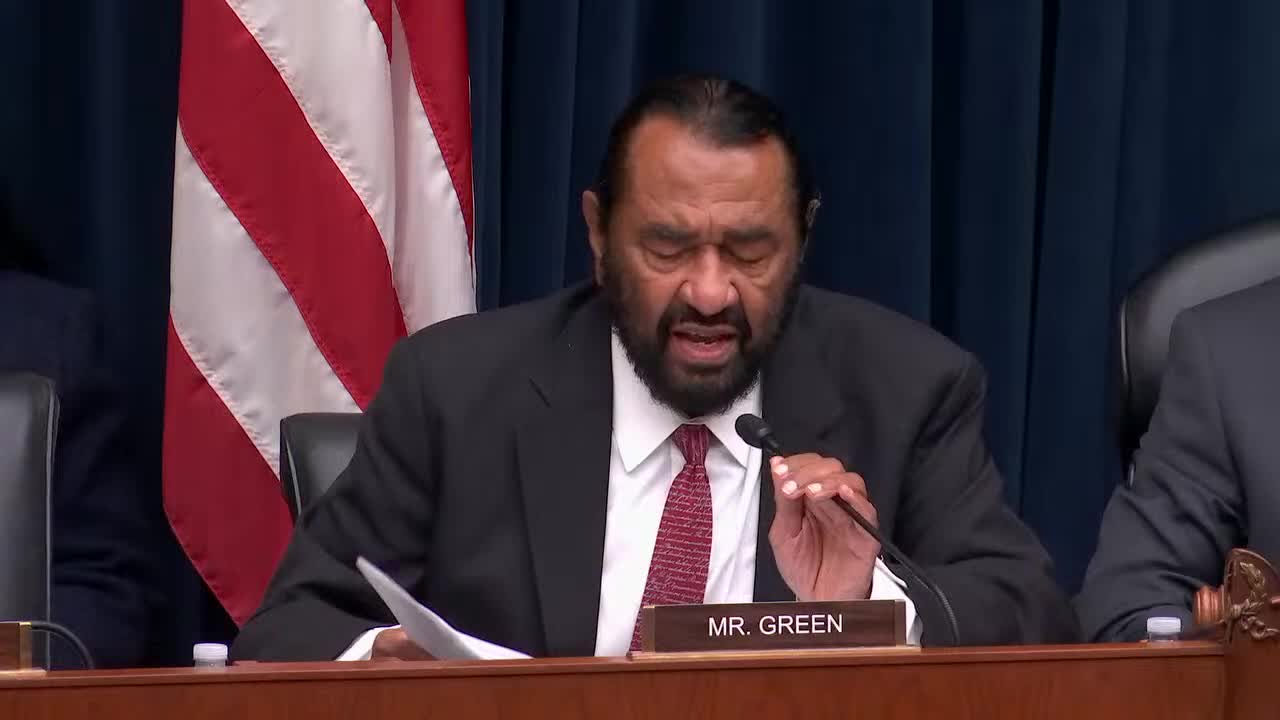Article not found
This article is no longer available. But don't worry—we've gathered other articles that discuss the same topic.

Committee hears concerns about crypto, DeFi and Bitcoin ATMs as scam cash‑out channels

Witnesses: AI accelerates fraud but also helps detect deepfakes and scale defenses

Committee hears calls to force telecoms and platforms to block spoofing, speed fraud ad takedowns

Witnesses and members criticize CFPB staffing changes and dropped enforcement actions

